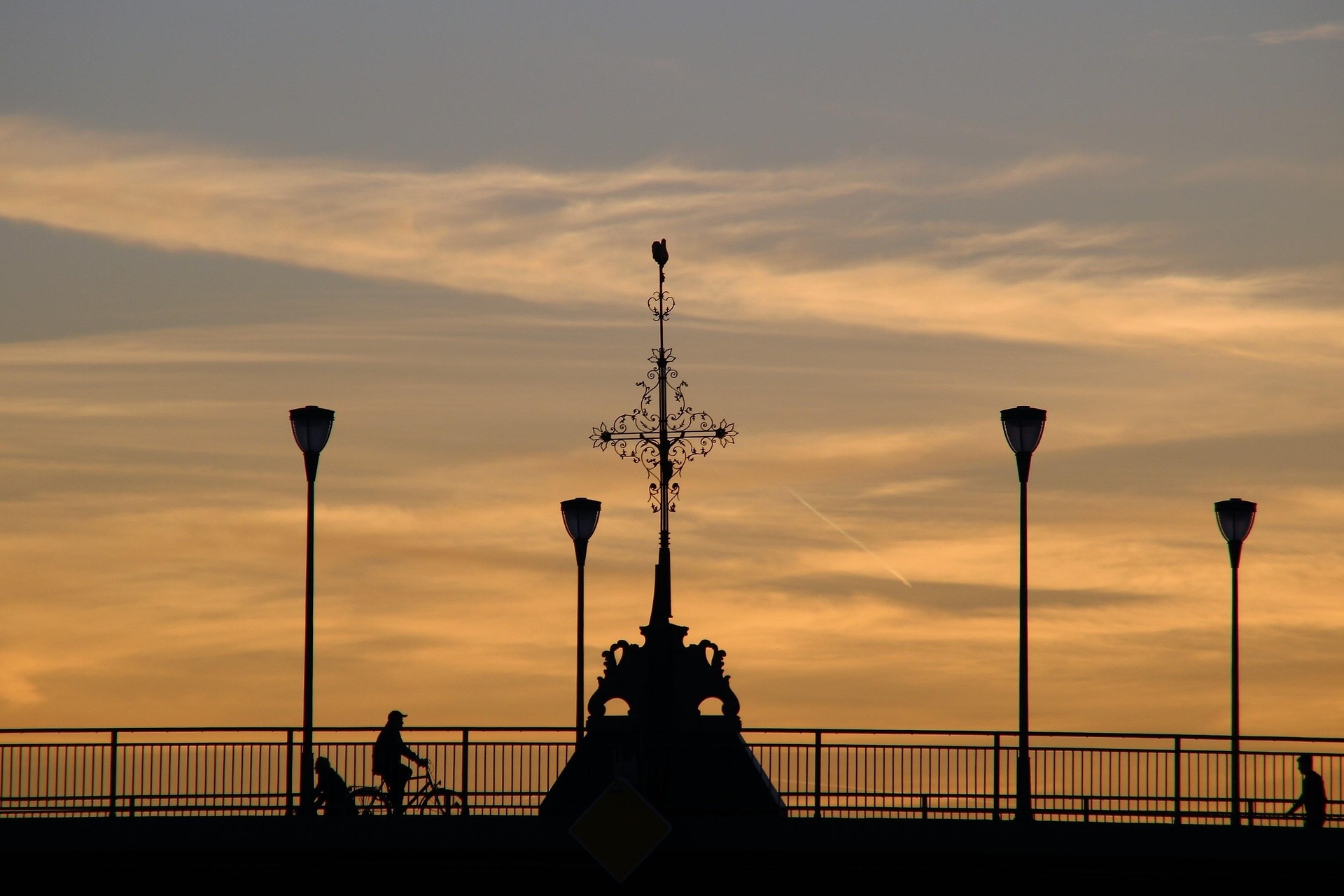An excerpt from Laurence Freeman, A SIMPLE WAY: The Path of Christian Meditation (Tucson: Medio Media, 2004), p. 5, 21-22.
In the practice of meditation, we are not bringing our petitions into prayer, but we are paying attention. We are not making intentions: we are giving our attention. This is the pure seeing of meditation, of all contemplative living. So we are not entertaining in our mind particular ideas or images of God. We are not speaking to God. We are not thinking about our problems but doing something much greater. John Main said that our greatest human capacity is realized when we meditate because it is our capacity to be with God, in God, here and now. [. . . . .]
Paying attention to the mantra is work. It means letting go of your self-consciousness. Leave self behind, as Jesus teaches. This is not something we can do violently. We cannot love God by hating ourselves. Attention is not furrowing your brow and getting tense as in the act of concentration. If you meditate like this you won’t do it very effectively or keep with it for very long. Perseverance is essential and daily practice is the goal. Concentration cannot be sustained for very long. Attention, however, is how we are meant to live all the time.
Jesus invited us to follow him. To direct our attention to what he is absorbed in. To pay attention to one thing we have to take the spotlight off ourselves. This is both the simplest and the most difficult thing in the world. Yet once we taste it and get the hang of it, it is the only thing worth doing. Selfishness and self-centeredness then become increasingly undesirable states of mind. Loving others becomes not so much a duty but a default setting that we are hardly aware of doing.
Meditation, as all the wisdom traditions in the world tell us, engenders compassion. This is the simple, radical, wonderful call of the Christian disciple. To stop thinking about yourself and so to discover who you truly are, to expand beyond the prison of the ego into the all-embracing mind of Christ.
After meditation: Angelus Silesius in THE ENLIGHTENED HEART: An Anthology of Sacred Poetry, ed Stephen Mitchell (New York: HarperCollins, 1989), p. 87.
God, whose love and joy
are present everywhere,
can’t come to visit you
unless you aren’t there.




